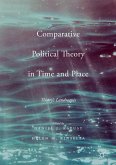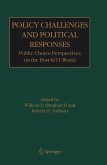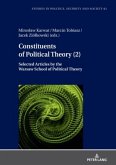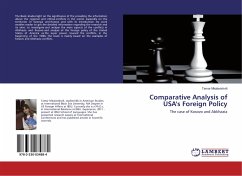Far from reflecting sudden whims, broader intellectual movements usually respond to felt social needs or provocations. This is certainly true of comparative political reflection, which in accademia today is called "comparative political theory." At the time of its inception (some 25 years ago), the enterprise responded mainly to two stimuli or factors. The first factor was the "Cold War", the interminable struggle for domination among world powers and lesser national agents. The felt need in this case was the desire for some kind of "cosmopolitanism", for a more attentive and equitable treatment of different countries and cultures. The second factor was the progressive weakening or erosion of the modern paradigm of stable selfhood or identity, an erosion due to the impact of such emerging perspectives as phenomenology, deconstruction, and post-modernism. The turn to comparison here signaled the opening of the self to growing interactions with the non-self or "other". This dual simulation has not subsided. In particular, the second provocation has acquired a new and unexpected relevance in our time.
Bitte wählen Sie Ihr Anliegen aus.
Rechnungen
Retourenschein anfordern
Bestellstatus
Storno








